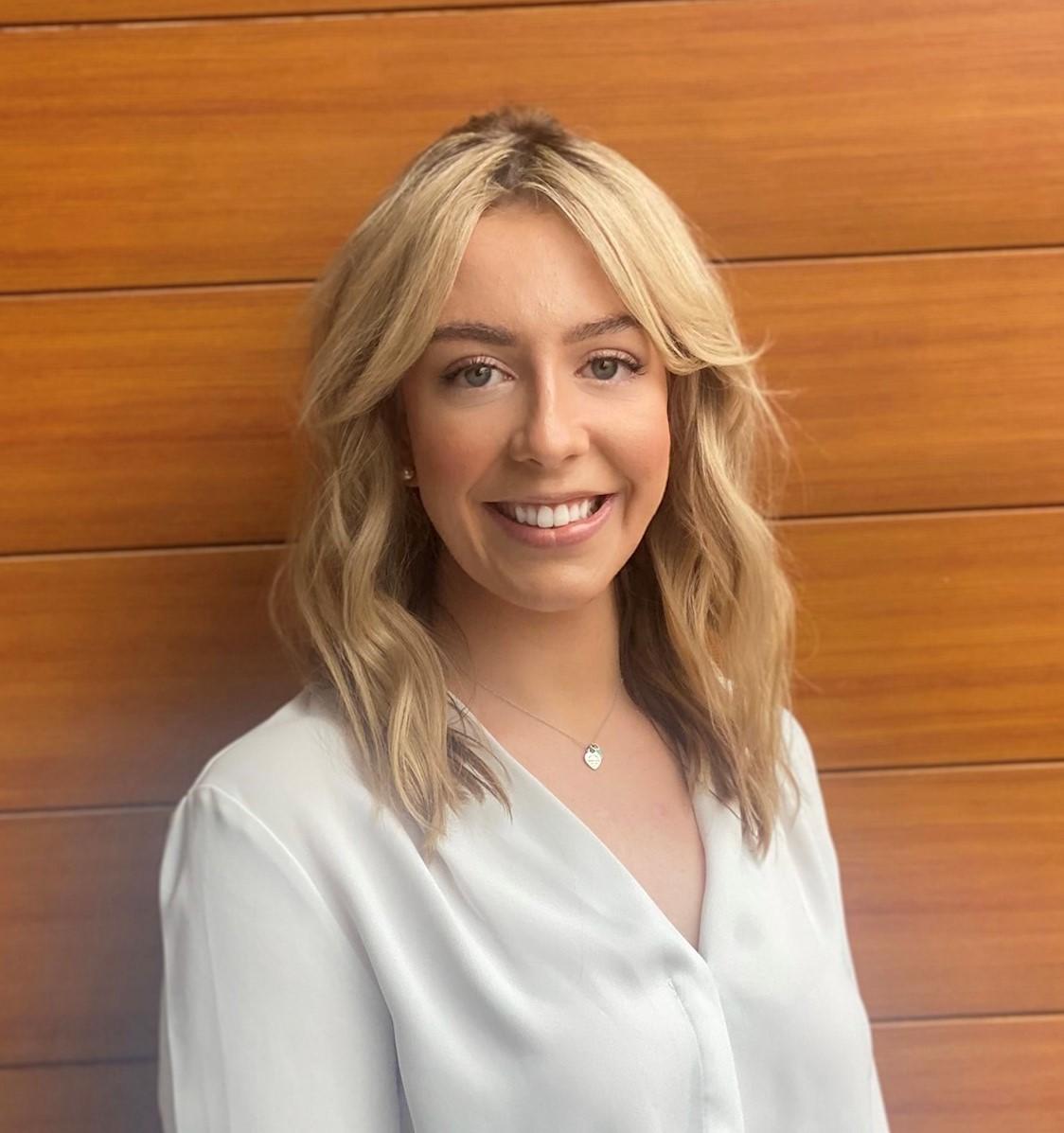Feb. 17, 2022
Congratulations to Rachel Grigg!

The objective of the Canada Graduate Scholarships – Master’s (CGS-M) program is to help develop research skills and assist in the training of highly qualified personnel by supporting students who demonstrate a high standard of achievement in undergraduate and early graduate studies.
Rachel Grigg is working under the supervision of Dr. Susan Franceschet. Dr. Franceschet, can you tell us what makes Rachel’s work stand out?
Rachel’s research is driven by a strong commitment to gender equality in politics. She wants to identify the barriers to women in office and help design practical tools to overcome them. But even more important, her research addresses diversity among women as well, and she has designed a study that captures how other inequalities, such as race, sexual orientation, Indigeneity, among others, also affect women’s access to elected office.

Rachel, your own broad research interests include political ambition, the role of elite networks in politics, and the representation of women in Canadian politics. How did you come to focus on these areas?
I’ve always been passionate about social justice, feminism, and politics, but I didn’t combine these interests until the end of my undergraduate degree when I was fortunate enough to take classes with Dr. Susan Franceschet and Dr. Melanee Thomas. In exploring the barriers women face in running for office, I recognized the same excuses I had used when asked if I’d consider a political career: We are not tough enough for politics. We want to have a family someday. We are not qualified. Research shows that women underestimate their qualifications while men overestimate, further exasperating gender inequality in politics.
I was curious about whether we can change this mindset or prevent these biases from forming in the first place. Countless resources and organizations are dedicated to encouraging women to join other male-dominated fields, such as STEM, but few focus on politics, despite it being a heavily masculinized space. After taking a class on women in politics, a friend and I established UCalgary’s first Women in Politics Club to encourage the political engagement of young women at all levels of government. Soon after, another friend and I started the non-profit organization Rural Young Women in Politics, which aims to nurture political ambition and leadership in young women and girls from rural Alberta, where the overwhelming majority of politicians are men. After discussing our own experiences growing up in small, rural communities, we bonded over feeling disconnected from politics, and we wanted to give other young women the opportunities we wished we’d had. These projects only furthered my desire to continue researching gender and Canadian politics.
Can you tell us a bit about your MA thesis?
I was selected as the delegate for my riding the 2019 Daughters of the Vote program, which aims to encourage young women and gender-diverse folk to participate in the formal political sphere. I considered how this experience had helped me regain my political ambition. I became fascinated with the topic, and I wanted to see if programs like this could help other women as well. My thesis aims to understand if these resources actually help make politics feel accessible and create a space for women in politics. Although these resources appear effective, we have little empirical evidence about their efficacy. I will use survey data and interviews with former DoV delegates about their experiences in the program. Because women are not a homogenous group, some women face additional barriers to entering politics. I hope to understand how this differs when different pieces of identity (race, socioeconomic status, etc.) intersect with gender to shape each woman’s experience. The political world is often called an “old boys’ club” because of the highly masculinized nature of politics and the significant role informal networks play in the formal political sphere. This is often to the detriment of women. I hope to determine how creating all-women networks can counteract this and improve gender equality in politics.
Any plans for after your MA?
I plan to pursue a PhD and continue to study gender and Canadian politics. However, I also see the value of gaining experience outside of academia (and giving myself a breather between degrees). I would like to use this time to grow my women in politics initiatives and expand them to reach younger girls.
Congratulations to Rachel Grigg on your 2021 Canada Graduate Scholarships—Master’s!
To find out more about our paper prizes and past prize winners please visit the Political Science website.
